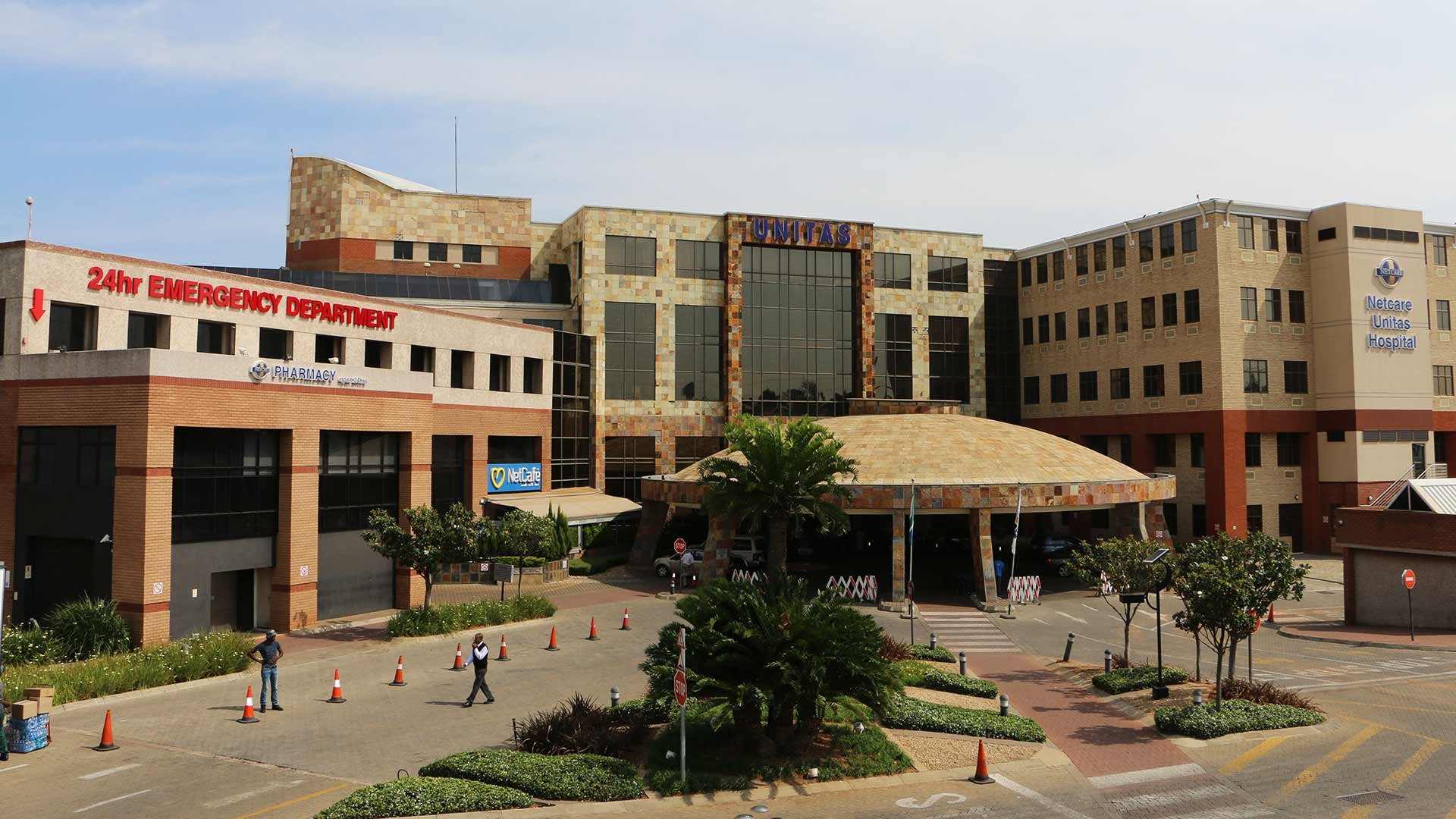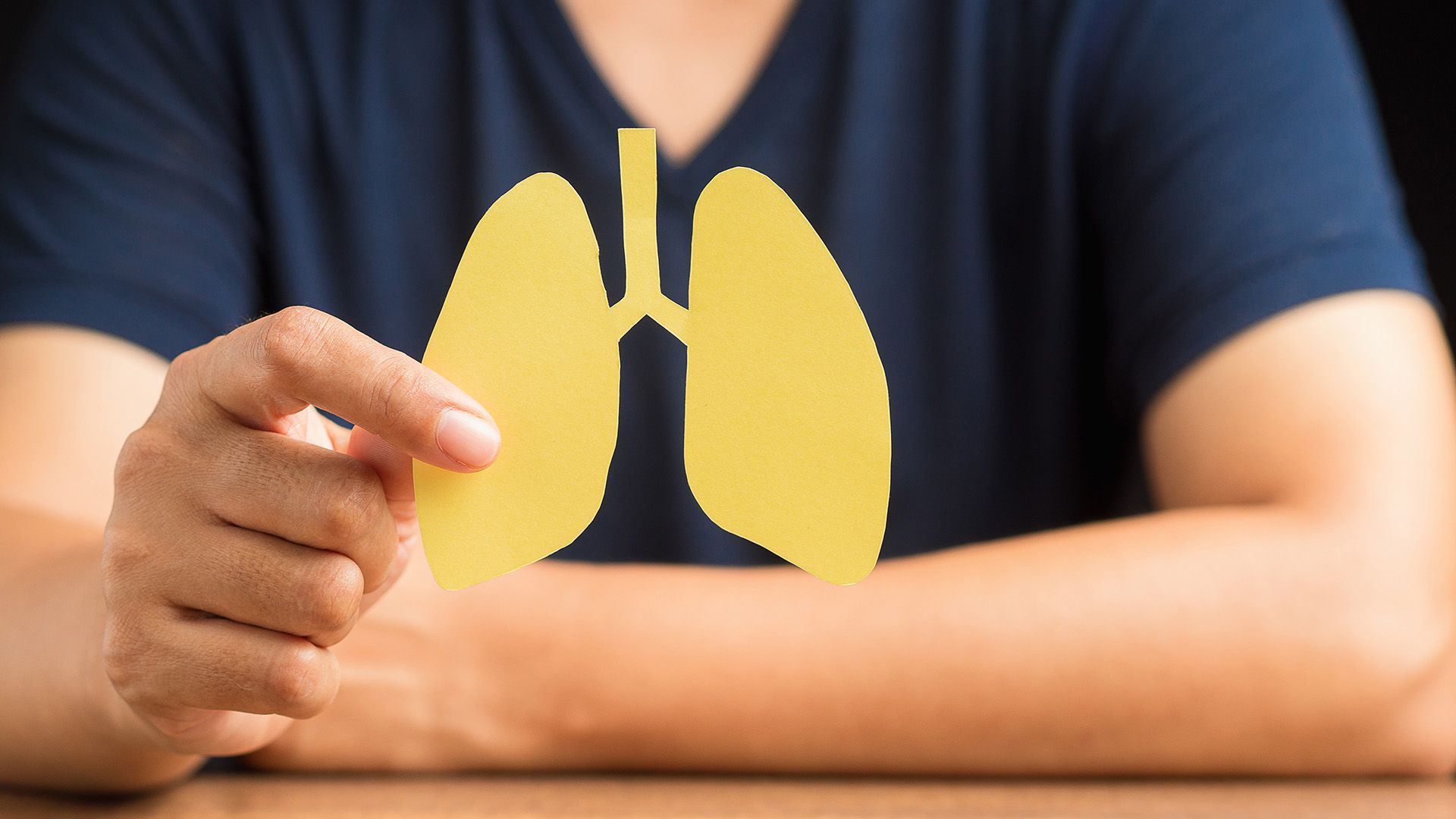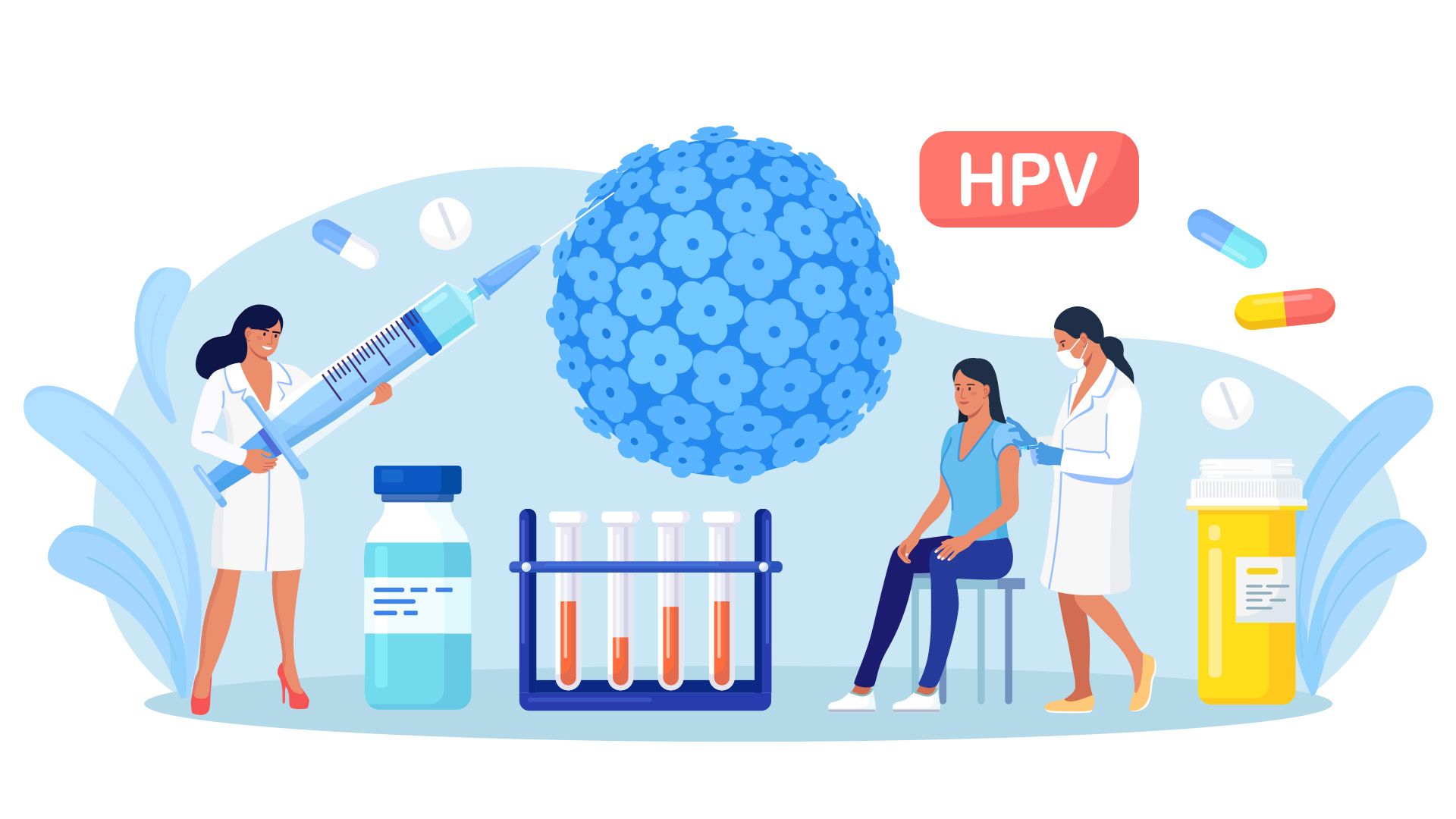New approach used to treat Gauteng boy with leukaemia
August 17, 2020
Seven-year-old boy first in SA to receive volumetric arc therapy as part of treatment
In what is likely a medical first in South Africa, the radiotherapy department at Netcare Unitas Hospital
in Centurion recently delivered a course of full body irradiation using volumetric arc therapy in the treatment of a seven-year-old leukaemia patient.
“The total body irradiation treatment was done in order to destroy the cancer cells in the young boy’s blood ahead of a bone marrow transplant that he was scheduled to undergo just days after the completion of the radiation therapy. As far as we are aware, this is the first time in South Africa that a leukaemia patient has been treated using volumetric arc therapy prior to bone marrow transplantation,” says Dr Sheynaz Bassa, a clinical and radiation oncologist who practices at Netcare Unitas Hospital.
“Leukaemia is a cancer originating in the bone marrow, and is frequently seen in children. In cases where the cancer relapses, a bone marrow transplant is often performed. It is important, however, to clear the body of cancer cells prior to the bone marrow transplant. In this case we used volumetric arc therapy, which enables us to radiate the entire body in single sessions with the patient lying comfortably, as well as chemotherapy,” adds Dr Bassa.
Dr Bassa explains that a combination of radiotherapy, which uses high energy X-rays to kill cancer cells, and chemotherapy, which uses drugs given intravenously to kill the cancer cells, is traditionally used to irradiate the entire body in order to destroy cancer cells in leukaemia patients prior to their bone marrow transplantation.
“Using traditional techniques, full body irradiation is usually a long and laborious process involving complicated manual planning techniques, with the patient sitting in an uncomfortable treatment position for a long period of time. It also often requires production and use of cumbersome lead blocks to shield important organs like the lungs which are radiosensitive. The accuracy in the radiation dose to these organs is reduced due to the manual planning techniques and the patient does not have the benefit of a CT [computed tomography] scan being used in the planning,” explains Dr Bassa.
“Newer, more advanced technologies such as volumetric arc therapy allow for simpler, rapid and more effective full body irradiation treatment delivery. This therapy is quicker, easier and provides us with information regarding the organs we are trying to protect, making it considerably safer. Lead blocks are no longer required, as the volumetric arc technology has built in capability to shape fields around the organs as the therapy is delivered.
“Using this advanced technology, we are able to pre-determine the doses that will be delivered and adjust them to reduce the doses to be delivered to organs such as the lungs and kidneys, thus minimising the likelihood of side effects in these patients. This is important for transplant recipients who are already experiencing side effects from their chemotherapy. Being more accurate, volumetric arc irradiation enables us to visualise the planned treatment before delivery with the use of three-dimensional imaging.”
According to Dr Bassa, in this young boy’s case the radiation therapy planners did extensive research before deciding on the use of volumetric arc technology, drawing on international experience in which a similar treatment approach had been used for leukaemia to ensure the most accurate planning and treatment possible.
“The treatment team organised a simulation day to introduce the patient to his treatment team and to make him comfortable with being alone inside the treatment bunker with the potentially intimidating linear accelerator technology moving around him. The treatment bunker has audio-visual equipment, which made it possible for the team and the child’s mother to communicate with him during the treatment. It also enabled the radiation therapists to see the patient while the treatment was being delivered, providing an additional level of safety.
“The treatment course was completed over three consecutive days. It is critical for patients to lie completely still while having radiation therapy such as this. The patient’s mother says that the treatment team soon won her son’s trust and the simulation day greatly assisted in reducing his anxiety during the treatments.
“It was most encouraging for the radiotherapy team at Netcare Unitas Hospital to successfully treat our young patient using a new technique which we believe ensured the best and safest possible care for him,” concludes Dr Bassa.
Netcare hospitals offering radiation treatment are:
- Gauteng
Netcare Milpark (Gamma Knife radiosurgery), Netcare Unitas, Netcare Olivedale, Netcare Pinehaven, and Netcare Clinton hospitals.
- KwaZulu-Natal
Netcare Parklands Hospital and Durban Oncology Centre.
- Western Cape
Netcare N1 City and Netcare Christiaan Barnard Memorial hospitals.
To find out more about the services offered through Netcare hospitals and other of the Group’s facilities, please contact Netcare’s customer service centre either by email at customer.service@netcare.co.za or phone 0860 NETCARE (0860 638 2273). Note that the centre operates Mondays to Fridays from 08:00 to 16:00.













